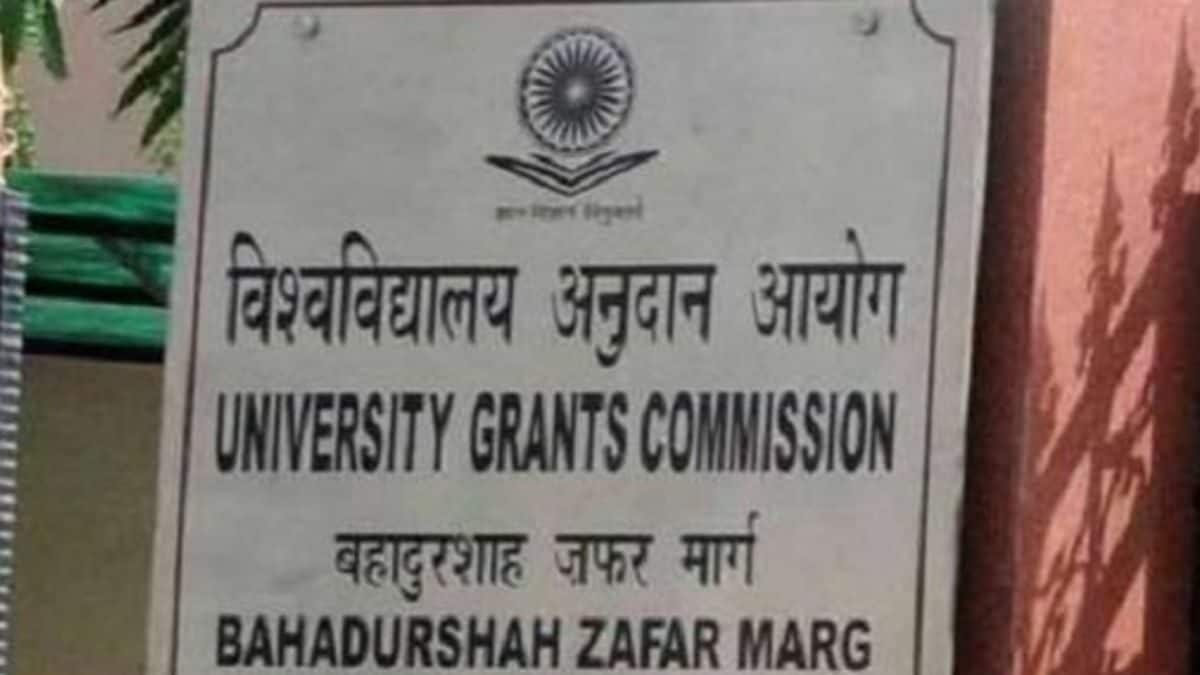UGC Notifies Rules Allowing Foreign Universities to Set Up Campuses in India: Here’s What Happens Now

The University Grants Commission (UGC) on Wednesday notified regulations allowing foreign universities to set up campuses in India. The newly notified rules allow foreign higher educational institutions (FHEIs) complete autonomy to decide their admission processes and fee structure, even as the commission will retain the power to keep a close watch on the operations of these universities.
The draft of the regulations titled UGC (Setting up and Operation of Campuses of Foreign Higher Educational Institutions in India) Regulations, 2023, was first released by the higher education regulator in January. The guidelines have been formulated in line with the National Education Policy (NEP) 2020 which envisages an international dimension to higher education in India. The policy states that “top universities in the world will be facilitated to operate in India”.
Sticking largely to the draft, the final regulations notification clearly states: “The Foreign Higher Educational Institution (FHEI) shall decide the fee structure, which shall be transparent and reasonable. It shall have the autonomy to recruit faculty and staff from India and abroad as per its recruitment norms. The foreign institution may decide the qualifications, salary structure, and other conditions of service for appointing faculty and staff, however, ensuring that the qualifications of the faculty appointed shall be at par with the main campus in the country of origin.”
The regulations also state that the FHEIs shall ensure that the international faculty appointed to teach at the Indian campus shall stay in India for at least a semester.
“A regulatory framework allowing the entry of higher-ranked foreign universities, for the internationalisation of Indian higher education as envisaged in NEP, 2020 will provide an international dimension to higher education, enable Indian students to obtain foreign qualifications at affordable cost, and make India an attractive global study destination,” said UGC chairperson M Jagadesh Kumar.
According to the guidelines, the FHEIs should have secured a position within the top five hundred in the overall category of global rankings as well as the subject-wise category of global rankings at the time of application, as decided by the UGC from time to time. No FHEI shall set up campuses in India without the approval of the commission.
“In the case of two or more than two Foreign Higher Educational Institutions intending to collaborate to establish campuses in India, each FHEI should meet the eligibility criteria,” the guidelines stated.
Based on an evaluation process, the guidelines state, the FHEIs may provide full or partial merit-based or need-based scholarships from funds such as endowment funds, alumni donations, tuition revenues, and other sources.
The guidelines also suggest that the FHEIs may give “tuition fee concessions” to students who are Indian citizens.
The cross-border movement of funds and maintenance of Foreign Currency Accounts, mode of payments, remittance, repatriation, and sale of proceeds, if any, shall be as per the FEMA 1999 and its rules, the guidelines stated.
The application process for these universities will be online, and they will submit the required information on the UGC portal with their applications. Any university willing to apply will also have to submit an undertaking stating that the quality of education imparted by it in its Indian campus is similar to that of the main campus in the country of origin; and qualifications awarded to the students in the Indian campus shall enjoy the same recognition and status as if they were conducted in its home jurisdiction.
As per the final guidelines, the UGC will set up a Standing Committee to “examine” the applications of the FHEIs.
“The Standing Committee shall assess each application on merit, including the credibility of the educational institutions, the programmes to be offered, their potential to strengthen educational opportunities in India, and the proposed academic infrastructure, and make recommendations…The recommendations of the Standing Committee shall be placed before the Commission within a period of 60 days from the date of receipt of the application, complete in all respects,” the notification said.
The time period for the Standing Committee to make recommendations before the UGC from the date of receipt of the application has been extended to 60 days in the final guidelines, which was 45 days in the draft rules released previously this year.
The commission shall have the “power to visit the campus and examine its operations” to ascertain the infrastructure, academic programmes, and overall quality and suitability, it said.
Also, Kumar said that FHEIs will have to set up campuses in India within two years from the date of receiving the approval. While the final regulations don’t mention that the initial permission will be granted for how many years, the draft had mentioned that “the permission shall be granted initially for a period of ten years”.
According to the new guidelines, the FHEIs will be expected to arrange for adequate physical infrastructure in terms of built-up space for their academic programmes, and undergo a quality assurance audit and submit the report to the commission at the time of an extension. “They will not be allowed to offer courses online or in Open and Distance Learning modes,” it said.
In case of violation of norms, the commission can take action in terms of imposing a penalty and/or suspend/withdraw approval at any time, the regulations stated.
The FHEIs are expected to submit their annual reports giving details of programmes offered, the number of students admitted and passed out, and qualifications awarded with the UGC. Also, they shall not discontinue any course or programme or close the campus without the prior approval of the commission, the guidelines said.
“The FHEIs must undergo a quality assurance audit and submit the report to the Commission. In case of any dispute with respect to these regulations, courts in India shall have exclusive jurisdiction,” the regulations stated.

Atul Tiwari is a seasoned journalist at Mumbai Times, specializing in city news, culture, and human-interest stories. With a knack for uncovering compelling narratives, Atul brings Mumbai’s vibrant spirit to life through his writing.





